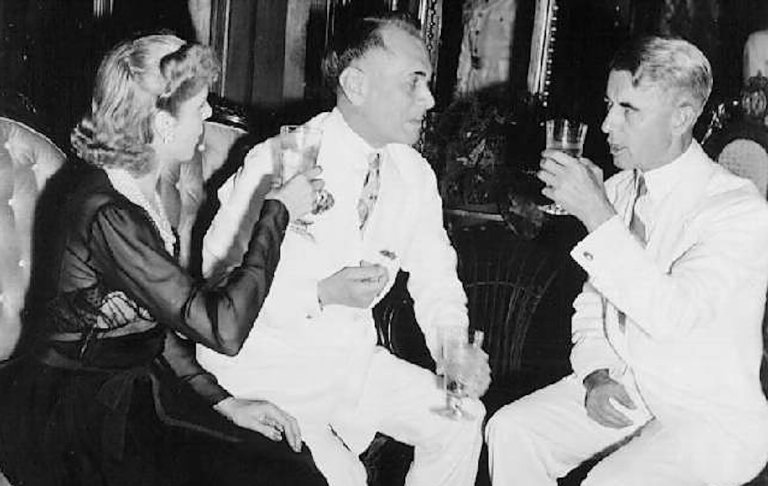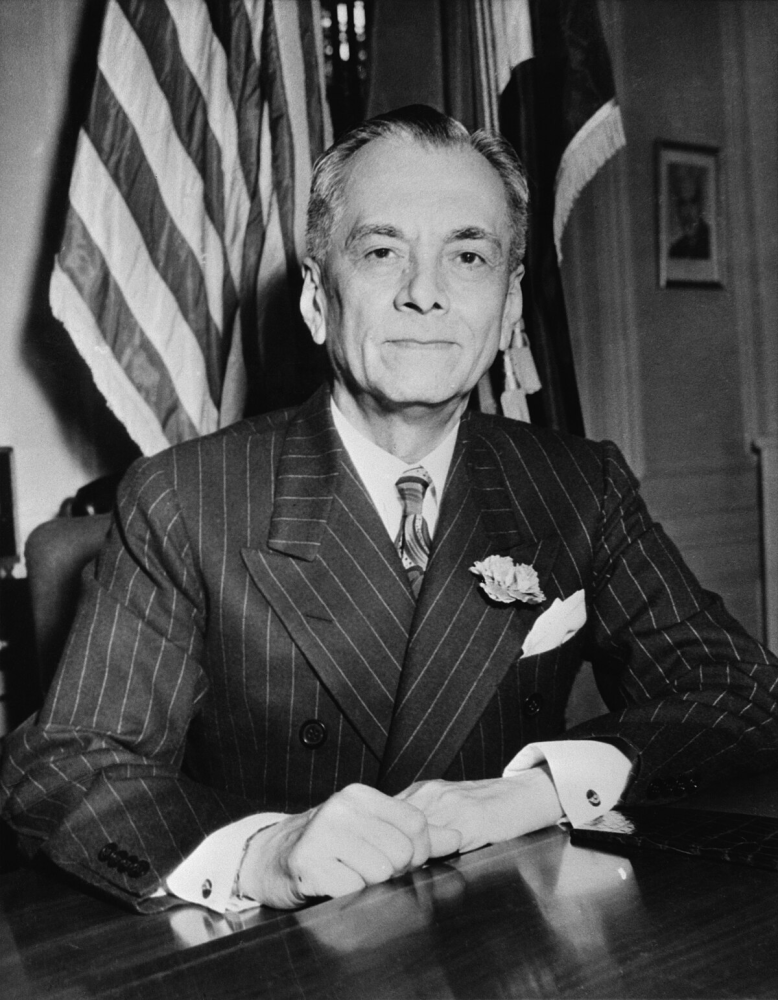
President Quezon, a staunch advocate for Philippine independence from U.S. colonial rule, sought reassurances of American military support amid fears of Japanese invasion
Manila — In October 1941, as global tensions edged closer to boiling over into World War II’s Pacific Theater, American journalist and politician Clare Boothe Luce met with Philippine President Manuel L. Quezon and U.S. Asiatic Fleet Commander Admiral Thomas C. Hart in Manila.
The high-stakes discussions, held against the backdrop of Japan’s escalating militarism, focused on regional security, defense coordination, and the Philippines’ uncertain future under looming threats.

Luce, a prominent Republican and wife of Time magazine publisher Henry Luce, traveled to Asia as a war correspondent. Her visit to the Philippines aimed to assess U.S. preparedness and strengthen diplomatic ties.
Quezon, a staunch advocate for Philippine independence from U.S. colonial rule, sought reassurances of American military support amid fears of Japanese invasion.
Admiral Hart, whose fleet was thinly stretched across the Pacific, faced mounting pressure to balance strategic withdrawals with holding key positions.
Historical records suggest the trio debated the feasibility of defending the archipelago.
Quezon, aware of the Philippines’ vulnerability, reportedly pushed for clearer commitments from Washington, while Hart emphasized logistical challenges.
Luce, leveraging her political influence, later advocated for increased aid to the Philippines in U.S. circles.
The meetings underscored the fragility of Allied positions in the region—a reality harshly confirmed two months later when Japan attacked Pearl Harbor and invaded the Philippines.
Though the October 1941 talks did not alter the course of the subsequent Japanese conquest, they highlighted the complex interplay of diplomacy, military strategy, and colonial politics on the eve of war.
Quezon’s government evacuated to Corregidor and later to the U.S., while Hart’s fleet retreated to the Dutch East Indies – today’s Indonesia. Luce’s reporting from the region amplified awareness of the Pacific’s strategic importance, shaping American public opinion during the war.